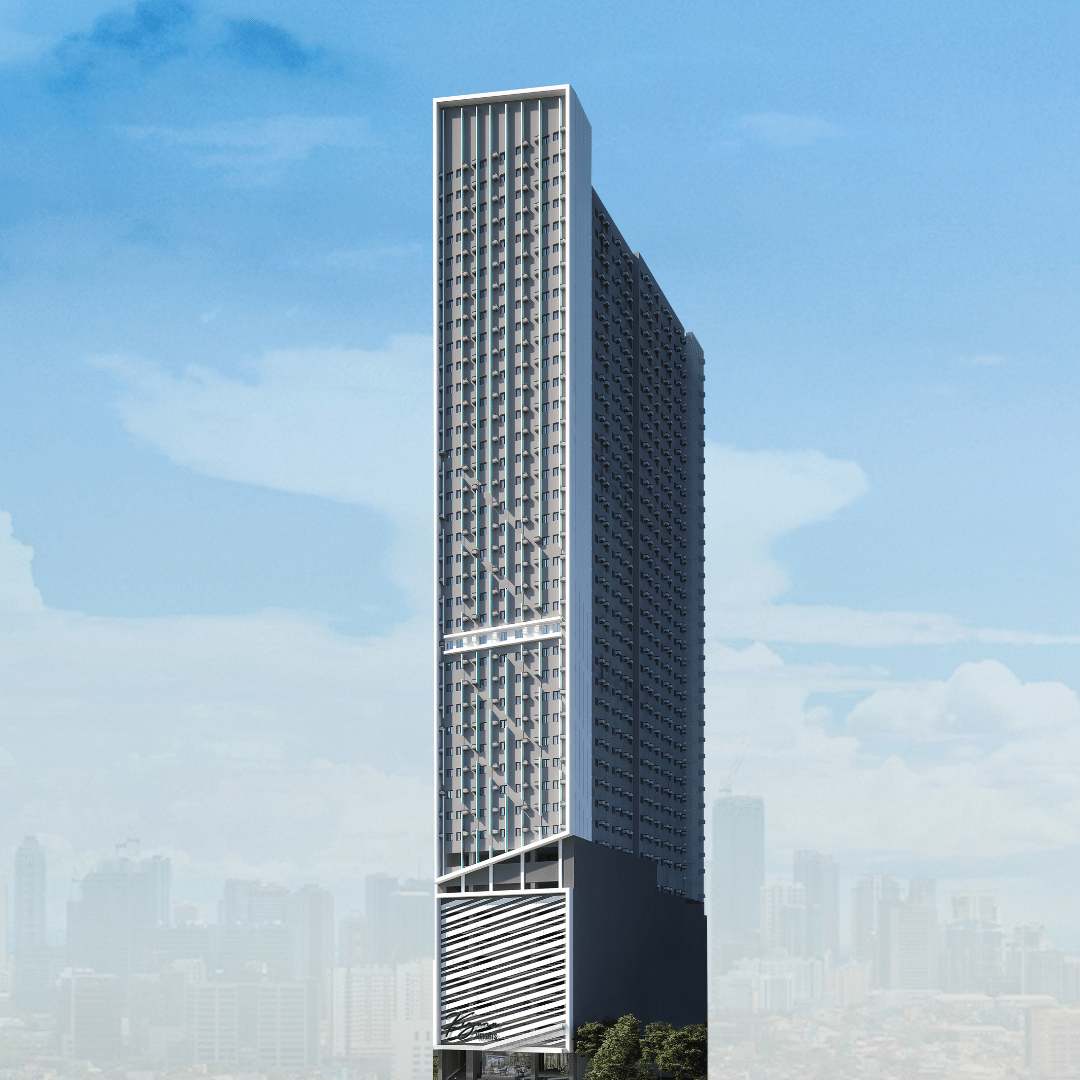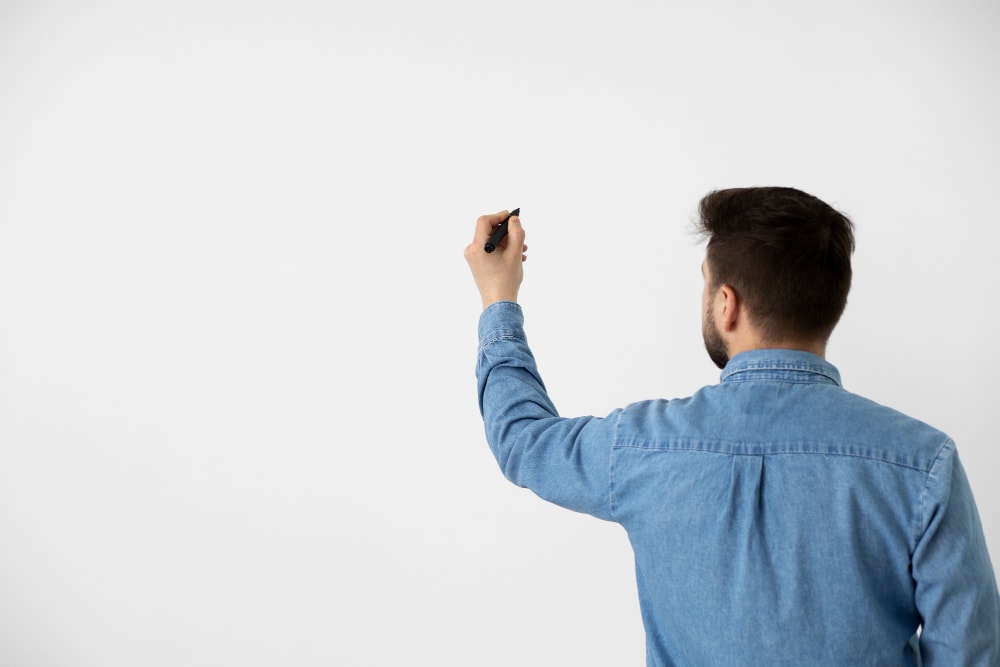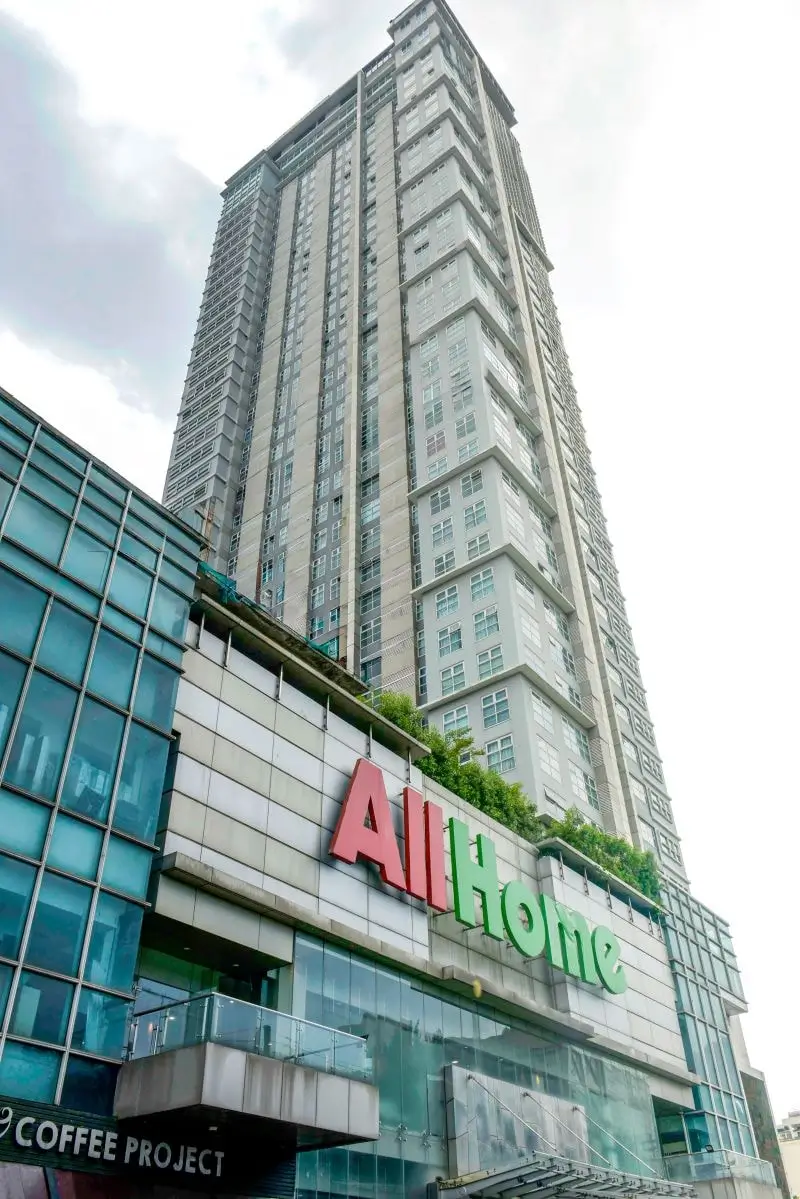Buwan ng Wika, also known as "Language Month," is a significant celebration in the Philippines that holds a special place in the hearts of Filipinos. This month-long event serves as a platform for honoring the country's rich cultural heritage, linguistic diversity, and national identity. It's an opportunity for families to come together and celebrate the essence of being Filipino, while instilling a deep sense of pride in one's culture and language among children. In this article, we will explore the essence of Buwan ng Wika, its history, importance, and ways to celebrate it with your children while fostering a strong connection to their roots. Filipino is the national language or one of the official language in the country.
Understanding Buwan ng Wika
Buwan ng Wika is celebrated annually throughout August in the Philippines. Its primary purpose is to promote awareness of the use and preservation of the Filipino language, or "Wikang ng Filipino." The celebration emphasizes the importance of valuing and preserving the nation's language as a means to retain its identity and cultural heritage. During this month, schools, communities, and families engage in various activities that highlight the beauty and significance of the Filipino language, but it's commonly confused with tagalog.
History and Significance
The roots of Buwan ng Wika trace back to President Manuel L. Quezon's proclamation in 1936 that sought to recognize and celebrate the Filipino language. This month was chosen in honor of Manuel L. Quezon's birthday, as he played a pivotal role in advocating for the national language proclamation. the Buwan ng Wika celebration serves as a reminder that language is not merely a tool for communication but a vessel of culture, history, and identity. It symbolizes the unity of Filipinos and their shared commitment to preserving their unique heritage.
Fostering Cultural Pride
Celebrating Buwan ng Wika provides an excellent opportunity for school programs to teach children about their roots, cultural heritage, languages and history. Engaging in cultural activities and language-related festivities can help children connect with their Filipino identity, fostering a sense of pride and belonging. By embracing their heritage, children gain a deeper understanding of the traditions and languages that shape their nation's story.
Celebrations and Events for Filipino Language Month
On 1 August, there is sometimes a parade and a presentation about the relevance and significance of Filipino language in schools world over. The rest of the month features plenty of educational programs, usually targeting children as young as five. Each year there is another "Bwan ng Wika" topic which concentrates in a particular aspect of language. Ideally, you should be planning on visiting the Philippines during August for one or two events. This event lasts for the entire month of august.
Ways to Celebrate Buwan ng Wika
1. Language Workshops: Organize workshops or classes that focus on the development of the Filipino language. Engage children in vocabulary-building exercises, storytelling, and even basic writing to promote and enhance the development of their language skills. These activities can be both educational and enjoyable, encouraging children to learn the language in a creative environment.
2. Traditional Attire Day: Dedicate a day for children to dress up in traditional Filipino clothing. This celebration not only fosters their awareness and a sense of identity but also gives them a glimpse of the past and an awareness of the beauty of Filipino fashion. Encourage discussions about the significance of these attires and the stories they hold.
3. Cultural Arts and Crafts: Engage children in arts and crafts projects that promote and showcase Filipino culture. From students creating traditional Filipino instruments to students crafting indigenous ornaments, these activities can be both educational and fun. It's a hands-on way for children to explore the artistry that characterizes their culture.
4. Language Games: Incorporate language games that encourage children to learn new Filipino words and phrases. This can be a playful way to improve their language skills while having a great time. From word puzzles to charades, these games keep children engaged while enhancing their vocabulary.
5. Culinary Exploration: Introduce Filipino cuisine to your children by preparing traditional Filipino dishes together. Use this as an opportunity to share stories and experiences related to the food's cultural significance. Cooking and sharing meals can become a cultural exploration that connects generations.
6. Cultural Dance and Music: Arrange dance performances or music sessions that showcase Filipino culture. Encourage children to learn traditional dances and songs that connect them in better way to their heritage. This not only adds a festive atmosphere but also offers a chance to experience the rhythm of their roots.
Speak your language for a day
It is not possible to improve language learning by practicing daily. Allocate at least one day, preferably a week, for challenges in which one is permitted to speak only his mother or father language. Tell someone with your tongue. You can get creative in making videos or putting up a podcast.
Play Filipino Word Games
Games can provide an excellent way for engaging learning. It's not an exception when learning languages. This is a Pinoy game that can help you learn a lot about the language: Pinoyhenyo. Pinoy Henyo is an amazing Guessing game which simulates your thinking ability in your English. The game can be played if a person writes a word on their face. The “guessers” must guess the word with a category or clue. The helpers can only give their partners words like “no”, “maybe”. The category of Pins is an analogy with Pinay Henyo.
FILIPINO OR PILIPINO: A LONG HISTORY
If you want to go into Buwan ng wikia itself, it is best to learn more about its history.
Read a Filipino book or learn a Filipino song
What are ways to enjoy the outdoors? Read books, or read songs in your language. You'll learn your language better, but a lot more of it will show the cultural and literary wealth of your country. Some of the most popular Filipino songs can be downloaded online.
Exhibits & Parades
There are numerous cultural and art exhibitions promoting Philippine culture and panitikan (“literature”) in various areas around the country. A number of parades are organized throughout August to show the diversity of Philippine culture.
Instilling Cultural Identity
As you celebrate Buwan ng Wika with your children, emphasize the significance of embracing one's cultural identity. Encourage them to take pride in their language, customs, and traditions, emphasizing that these elements contribute to the mosaic of aspects of their unique identity. Share stories of your family's history and experiences to create a sense of continuity and belonging. Participate in celebrating your nationality, appreciation for our beautiful culture filled with many great things, such as literature, manila, quezon, is so important.
Buwan ng Wika is not only a celebration of language but also a tribute to a country's rich history and culture. Teaching and celebrating this event with your children opens doors to understanding their roots, nurturing a deep sense of cultural pride, and fostering a lasting connection to their Filipino identity. By engaging in meaningful activities and festivities, you help shape your children into individuals who are not only bilingual but also culturally enriched and proud. In doing so, you contribute to preserving the beauty and essence of the Filipino language and heritage for generations to come.
For more information on Vista Residences, email [email protected], follow @VistaResidencesOfficial on Facebook, Twitter, Instagram, and YouTube, or call the Marketing Office at 0999 886 4262 / 0917 582 5167.










